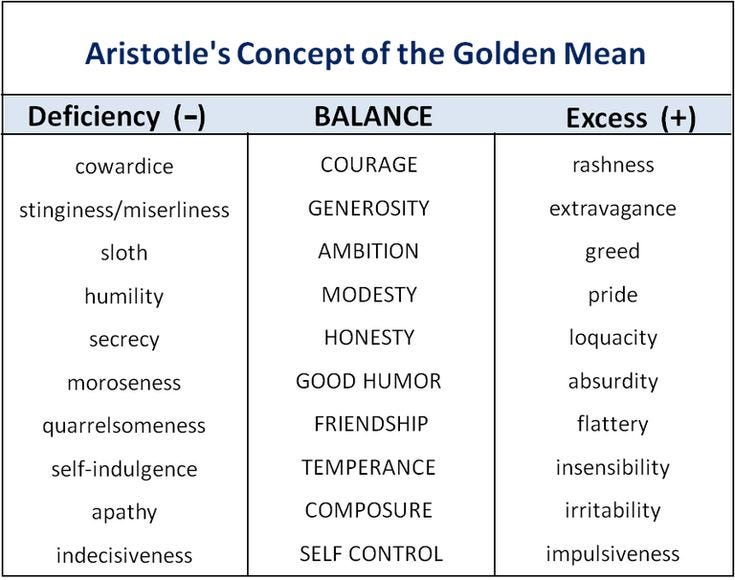- Nov 23, 2021
- 2,000
- 660
The Catholic Church has made major steps forward in reporting sexual abuse, and not covering it up.I agree with you that they use tradition to justify priests staying single, but it's a shame that they don't revisit that issue.
In fact, at this point I think other large organizations can probably learn from the Catholic reforms.
————
Okay, most people who abuse children were themselves abused as children. This is pretty well known and accepted as pretty standard.
I’m going to go out on a limb and say the abuse of teenagers is somewhat different, because teenagers are attractive and the adult needs to tell himself, for God’s sake, don’t act on it. (more rarely, tell herself. But most abuse is committed by men, not women.)
I’m 62 years old. If I’m dating a woman about my age and she has a 15-year-old granddaughter, I might just tell my lady friend the grandmother, “Hey, she’s a real hottie. If I was that age again, I’d probably be very interested in her. She’s almost as good-looking as her grandmother!” And in this way, I detoxify the thought. Just a thought. I’m certainly not committed to act on it.
Evangelical Christians sometimes think the mere thought is where the line is crossed. Absolutely not. But that’s where the Christian can tie himself into a knot. And if you try to push the thought out of your mind, you’re just giving it more power.
I’d recommend to such a person, hey man, please, just draw a few simple lessons from zen.



